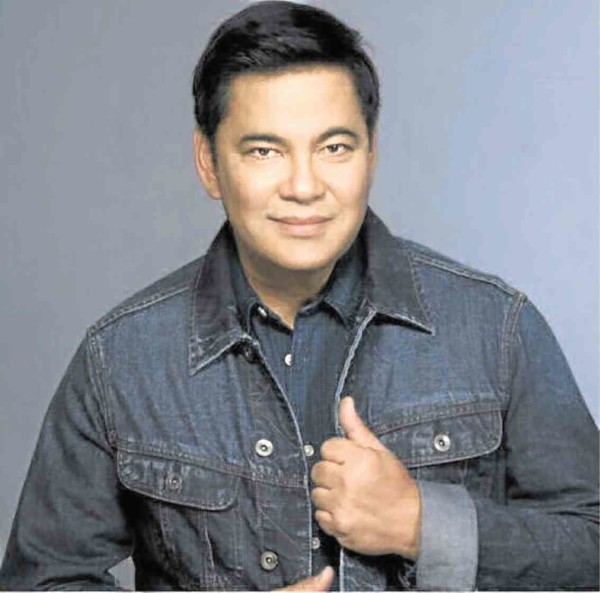How the country’s top singers take care of their voices
Watching vocalists with the caliber of Regine Velasquez, Kyla or Jed Madela hit stratospheric notes, then weave them into intricate curlicues, one usually gets the impression that it must be easy for them—and it is, most of the time.
But the human voice could be a tricky instrument to wield. After all, the vocal cords are not machines but muscles—they get tired from constant use or damaged from abuse.
Jaya, for instance, feels that it’s as if a singer’s voice has a life of its own. “If it feels like letting you sing, it will. If it doesn’t, then sorry!” she said.
In this forum, some of the country’s most gifted singers share with the Inquirer how they take care of their voices; what they do when they have to perform while sick or lacking sleep, and how they adapt with the changes their instruments naturally undergo as they age.
Regine Velasquez
I drink water—lots of it!
Article continues after this advertisementAlso, if I have a soap to do, my manager and I try not to schedule singing engagements so close to the taping days. All the talking takes a toll on your voice. Now, I need to vocalize more often, because I’m turning 100 years old, and my vocal cords aren’t as flexible as they once were! When I was younger, I didn’t have to do that, because I sang a lot—‘yun na ang pinaka-exercise ko.
Article continues after this advertisementBut more than the natural aging of the vocal cords, the one thing I had to adjust to—big-time—was my acid reflux. You can take medicine to control it, but it will always be there.
I had a singing gig recently. And on the very first song, I failed to reach a crucial note because I wasn’t able to breathe properly. I was very annoyed with myself. But in instances like that, you compensate by being more lively and engaging. So, at the end of the day, I actually ended up giving a better show!
My advice to young singers is to sing whatever you want—even songs that you think don’t suit you. Enjoy it! Because, believe me, it becomes harder as you get older. That’s why I’m thankful that I was able to try different kinds of genres when I was younger.
Gary Valenciano
The vocal cords are like muscles that need workouts and a lot of rest, which play a crucial part in maintaining the voice’s quality and strength.
My voice being shot is never enough reason to postpone or cancel a show—unless the doctor says, “You cannot afford to sing in this state.” Otherwise, the show must go on—and I perform as best I could.
My voice has most certainly changed through the years. Today, I use a lower key to some of my songs, and it’s barely noticeable most of the time.
Many artists, even in the United States, lower the key of a song that was originally recorded using a higher key … Those moments of hitting incredibly high notes during recording are usually accomplished after several takes.
For live performances, however, you only get one crack at it. So it’s best to bring it lower ever so slightly—and sing with all your heart.
Martin Nievera
We, singers, can be a superstitious lot. A lot of us have our own beliefs when it comes to the things that make us lose our voices. I don’t drink and smoke—I’m told that helps a big deal.
I’m a believer of getting sufficient vocal rest and sleep before a show. Dairy products are a no-no. But then, I also drink cold water onstage, so there goes that theory!
Sometimes, my voice gets weak and raspy when I lack sleep or experience jet lag. But I try not to panic. I dig deep, relax and go back to the basics. I concentrate on my breathing and pray in between each line.
I stay honest with my audience—I don’t pretend my voice is well if it isn’t. So, with or without voice, the show must go on. Otherwise, I just channel my inner Jo Koy, Kevin Hart and Rex Navarrete.
With all the abuse I have put it through, my (chest) voice has gotten higher and my falsetto, lower. We can’t stop Father Time, but I intend to sing forever.
Jaya

Later, I found out I had laryngitis. I had my throat checked by a doctor, who saw that my vocal cords were in bad shape—the left side was “slackened,” and the right side, stiff.
But I’ve been getting treatment lately, and my voice is doing OK. I’m vocalizing more regularly—I have to stretch those cords, especially because I haven’t sung much in quite a while. I watch voice teachers on YouTube and follow the exercises they suggest.
Aside from vocal warm-ups and exercises, I’m also more mindful of the songs I take on. I’m actually an alto, so I make sure they’re within my comfortable range.


